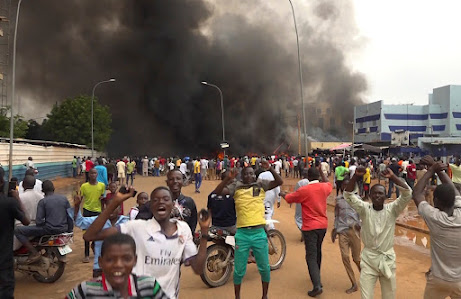By Nick Dazang
The Czar of military coup d’etats in Nigeria once offered us a useful glimpse into the prime motivation and raison d’etre for the overthrow of governments by force. Former Military President, General Ibrahim Badamasi Babangida, a putschist par excellence, and a veteran of all successful coups, except that in which the late General Sani Abacha ousted the illicit Interim National Government, ING, of Chief Ernest Shonekan, once stated that all coups were inspired by the subsisting frustration in a given society.
In the aftermath of the 1983 coup, which ushered in the draconian administration of Major General Muhammadu Buhari, as he then was, a well respected Nigerian Editor, fed up by the chicanery and ineptitude of the President Shehu Shagari administration, proclaimed that God was a Nigerian. In retrospect, this well regarded Editor must rue his effusive endorsement of military rule. The flip side to this unrestrained display of emotion must be the sedate but poignant observation by Mr. Peter Enahoro, one Africa’s best Journalists.






